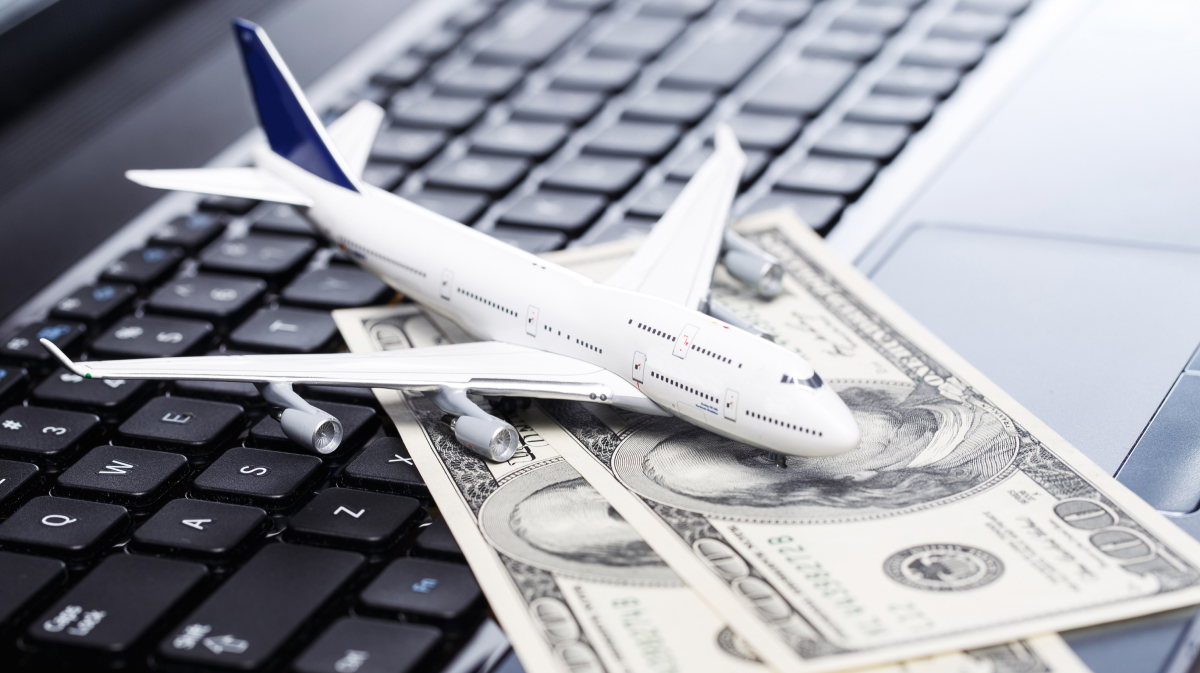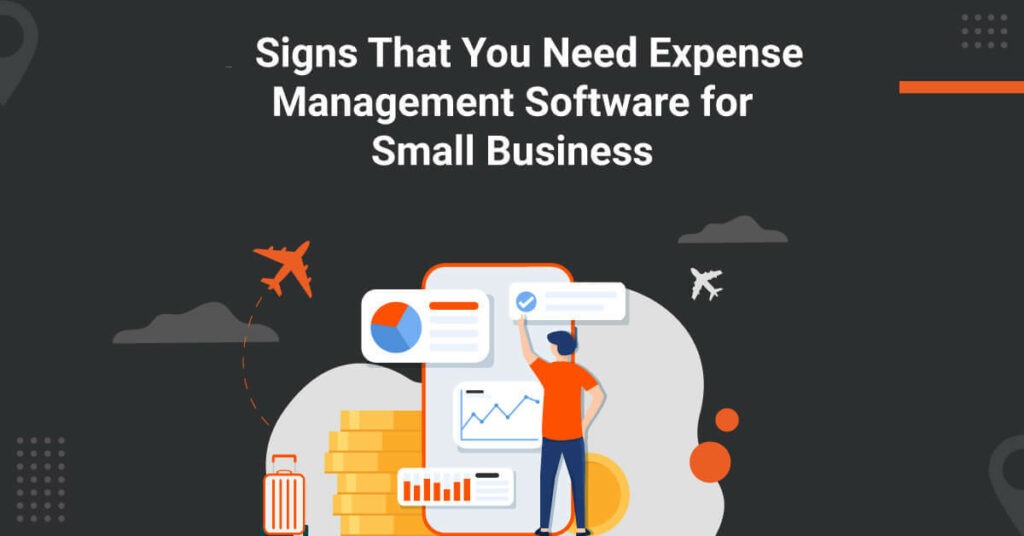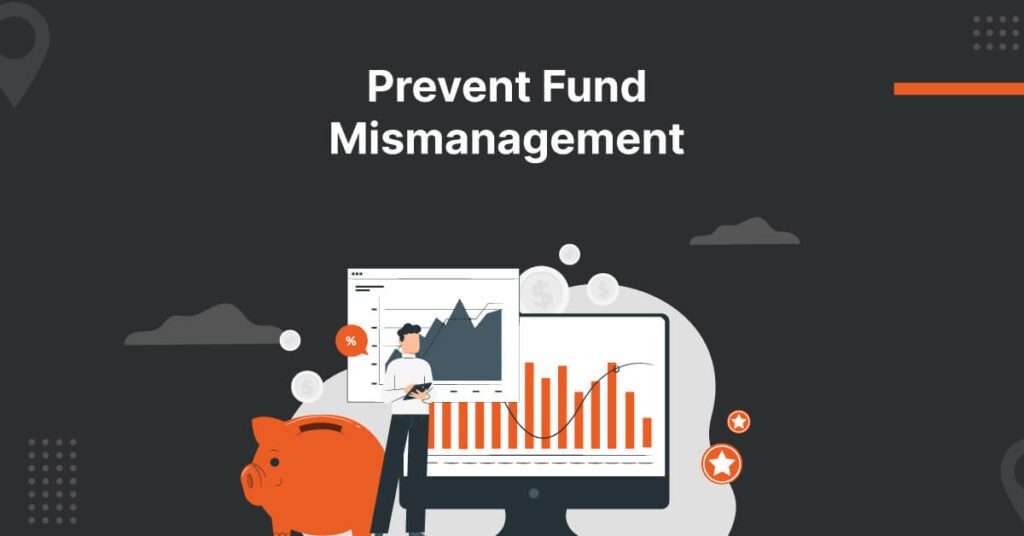
Streamlining business expenses is important for helping your business grow. When you know exactly where your money is going, you can make smart decisions about how to use it. This means you can avoid spending too much, use your funds effectively, and plan for the future more accurately.
Moreover, organized expenses simplify tax preparation, reducing the risk of errors and penalties. As a result, business owners are often curious about how to organize business expenses.
Organizing your expenses helps you run your business more efficiently. When you can see where you’re spending too much or where you could cut costs, you can make changes to improve your profitability. This means you can invest your money wisely and make sure you’re on track for long-term success.
This blog will teach you how to track your business finances and streamline expenses.
How to Organize Business Expenses?
Here are some ways to organize your business travel expenses:
1. Easy Integrategration with Accounting Software
Expense Management Software is a smart move for businesses wanting to make their financial processes smoother. When companies invest in easy-to-use expense management software that fits their needs and works with their accounting systems, it helps them work better and more accurately.
These software tools do a lot of things to make managing expenses easier. They can handle everything from capturing receipts to reimbursing employees. With mobile apps, employees can quickly upload receipts and expense details, making sure everything gets documented properly and on time.
Plus, when the expense management software is integrated with accounting software, it means that all the expense data is kept in sync. This gets rid of the need for people to enter data by hand and makes sure that everyone has the right financial information when they need it.
2. Establish Expense Policies
Expense policies are essential for businesses to manage their spending and organize business expenses. By developing clear guidelines on how money should be used, companies can avoid misunderstandings and ensure that expenses are handled consistently across the organization.
These policies should outline spending limits so employees know how much they can spend without seeking approval. They should also detail the approval process, clarifying who needs to authorize expenses before they are incurred.
Additionally, reimbursement procedures should be clearly defined, explaining how employees can claim back money they’ve spent on behalf of the company. This ensures that everyone understands the process and can submit their expenses in a timely manner.
3. Implement Digital Receipt Management
With digital receipt management, keeping stacks of paper receipts is unnecessary. Instead, everything is stored digitally, making it much easier to manage and access when needed. This saves physical storage space and minimizes the risk of losing or misplacing important receipts. As a result, it is a crucial aspect of how to track your business finances.
Furthermore, storing receipts electronically allows for quick and efficient retrieval whenever necessary. Employees can easily locate specific receipts with just a few clicks, whether for auditing purposes or reviewing expenses. This streamlines the process and saves time compared to digging through piles of paper receipts.
4. Regularly Reconcile Accounts
Setting aside time each month to reconcile accounts is important for businesses. Companies can ensure that their financial records are accurate and up-to-date by comparing bank statements, credit card statements, and expense reports.
Reconciliation helps identify any discrepancies or unauthorized transactions that may have occurred. This allows businesses to address these issues promptly and prevent potential financial losses or errors.
Regular reconciliation also helps businesses maintain accurate financial records, which is essential for tax reporting and compliance purposes. It ensures that all income and expenses are properly accounted for, minimizing the risk of errors or discrepancies in financial statements.
5. Categorize Expenses
Creating a structured system for categorizing expenses is important for businesses to keep track of their spending. It allows companies to easily organize their financial data and make informed decisions.
Assigning expenses to categories helps businesses with budgeting, analysis, and tax preparation. Categorization is an important component of how to organize business expenses. It allows them to see where their money is going and identify areas where they may be overspending or need to allocate more resources.
For example, expenses can be categorized into broad categories such as “operating expenses,” “marketing expenses,” or “employee-related expenses.” Within each category, further subcategories can be created to provide more detailed insights into specific types of expenses.
Having a defined system for categorizing expenses ensures that data is accessible when needed. This simplifies the process of making reports and analyzing spending patterns.
6. Track Mileage and Travel Expenses
If your business requires employees to travel, it’s important to track their mileage and other related expenses. Implementing a system to do this ensures that you capture all the costs associated with travel accurately.
Tracking mileage helps you keep tabs on how much employees are driving for work purposes, whether it’s visiting clients or attending meetings. It ensures that they’re reimbursed fairly for using their vehicles for business. As a result, it is an important component of how to organize business expenses.
Additionally, keeping tabs on other travel-related expenses, like meals and accommodations, ensures that these costs are accounted for properly. This helps you manage your budget effectively and ensures that employees are reimbursed accurately for their expenses.
Suggested Reads: Mileage Reimbursement in USA
7. Review and Analyze Expenses Regularly
It is important for businesses to regularly review and analyze expenses to stay on top of their finances. By scheduling regular check-ins to examine your organization’s expenses, you can spot trends, find areas where you might be spending too much, and discover opportunities to save money.
For example, you might notice that a particular expense category, like office supplies or utilities, is consistently higher than expected. This could indicate inefficiencies or areas where costs could be reduced. Tracking your business finances is, therefore, crucial.
Reviewing expenses regularly lets you decide where to allocate resources and adjust your budget accordingly. This helps ensure that your business operates as efficiently as possible and that you get the most out of your money.
itilite: The Best Solution on How to Organize Business Expenses
We hope this blog helped you understand how to track your business finances. itilite expense management software is a comprehensive solution for organizing expenses effectively.
It simplifies the process by capturing receipts digitally, automatically ensuring 100% policy compliance, categorizing expenses, and seamlessly integrating with accounting software.
With itilite, businesses can streamline their corporate travel management and expense workflows, reduce errors, and gain valuable insights into their spending patterns for better financial control and decision-making.
To know more about the benefits, book a free demo.









